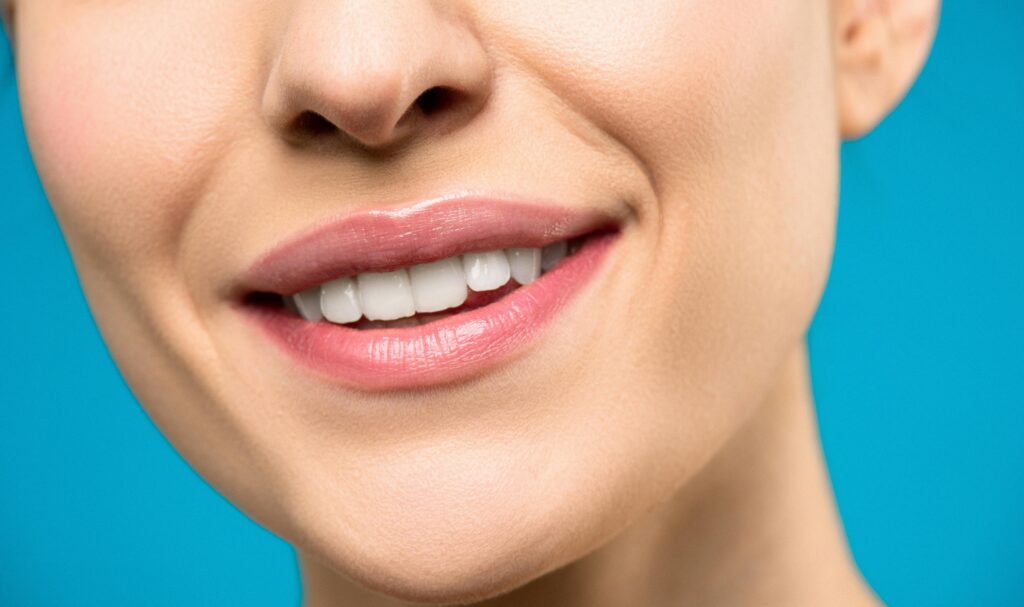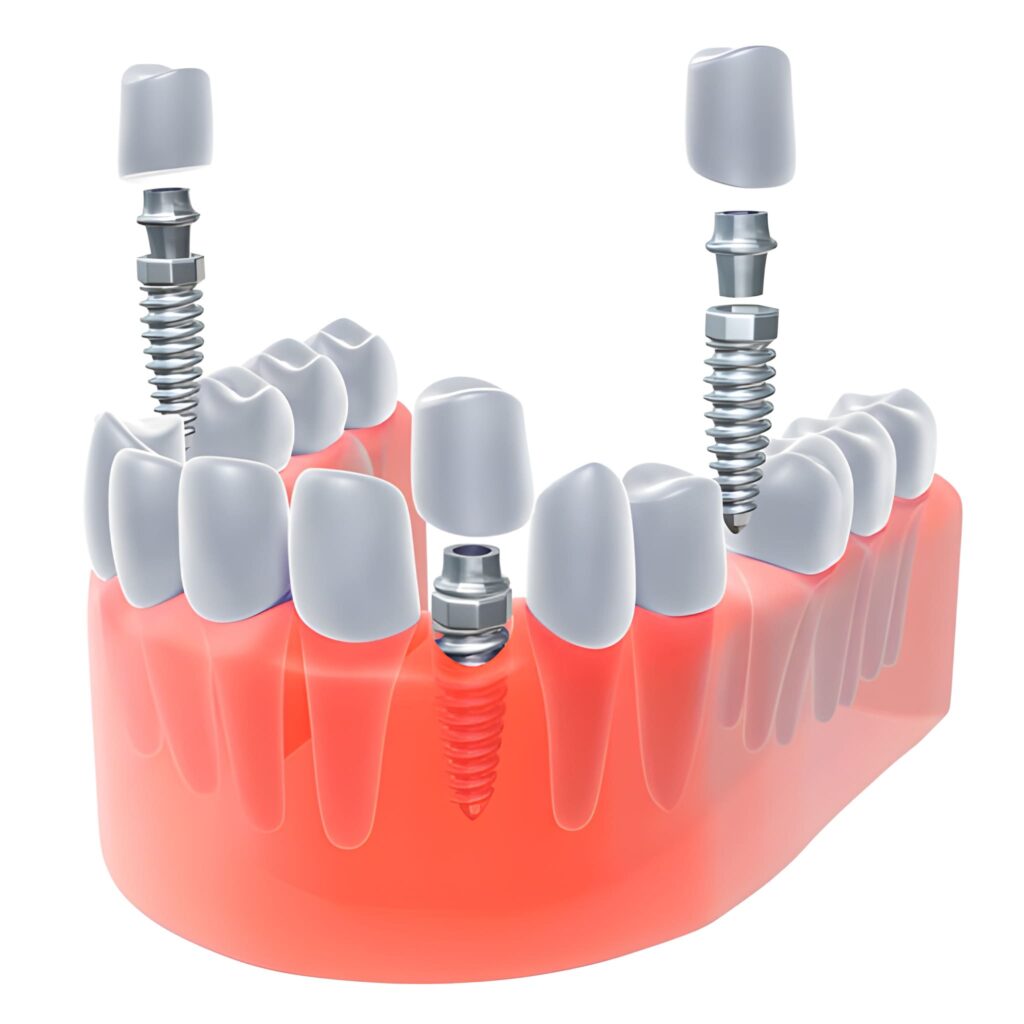How Long Does Teeth Whitening Last?
The longevity of your teeth whitening results depends on various factors, including your oral care routine, diet, lifestyle habits, and whether it was done professionally or at home. In general, in-office teeth whitening results can last between 6 months to 2 years, while at-home treatments may offer shorter-lived brightness.
What is a Natural Tooth Shade?
Natural tooth shades range from off-white to slightly yellow or greyish hues. The exact shade can vary based on genetics, age, and lifestyle factors. Whitening treatments aim to restore a tooth’s natural brightness, not necessarily make them stark white.
How White Will My Teeth Get After In-Office Whitening?
In-office teeth whitening can significantly lighten your teeth, often by several shades in a single session. The results depend on the initial shade of your teeth and the type of stains. While most people notice dramatic improvements, results vary depending on stain type and enamel health.
The Benefits of In-Office Teeth Whitening
Professional whitening treatments use high-concentration bleaching agents under safe conditions for faster, more noticeable results. In-office treatments also tend to be customised, reducing risks of gum irritation and uneven whitening.
How Will My Teeth’s Colour Change Shortly After Whitening?
Immediately after whitening, your teeth may appear whiter than the final result, especially if dehydrated during the procedure. Within a few days, the shade stabilises, revealing your true whitening result.
What Will My Final Result Look Like?
Your final result depends on your initial enamel shade and the type of staining. Generally, you can expect a bright, natural look that reflects good dental health and hygiene.
Can In-Office Whitening Treat Greyish Stains?
Greyish stains, often caused by medications like tetracycline or internal trauma, may not respond as well to standard whitening treatments. In these cases, multiple sessions or alternative cosmetic treatments like veneers may be recommended.
How Effective is Whitening for Decalcifications?
Decalcifications present as white spots on the enamel and may become more pronounced after whitening. In such cases, it’s best to seek advice from your dental professional on whether whitening is suitable or if other treatments should come first.
Does High-Intensity Light Improve Results?
Some in-office treatments use high-intensity lights to activate the bleaching agent. Although this may speed up the whitening process, current research shows mixed outcomes on long-term effectiveness. The technique may enhance immediate results but does not always prolong brightness.
Can Teeth Be Re-Whitened?
Yes, teeth can be re-whitened depending on your enamel health and the frequency of staining. Most professionals recommend waiting several months between sessions to avoid sensitivity or enamel damage.
Do At-Home Whitening Products Work?
Over-the-counter whitening strips, trays, gels, and paint-on products can produce visible results, especially for light surface stains. However, they are generally less potent than professional treatments and typically require consistent use to maintain brightness.
How to Maintain Teeth Whitening Results
To ensure your brighter smile lasts as long as possible, it’s crucial to follow a maintenance routine. Proper dental hygiene, mindful dietary choices, and periodic touch-ups can dramatically improve the longevity of your whitening results.
Watch What You Eat
Foods and drinks like coffee, red wine, berries, and soy sauce are well known for re-staining teeth. Limit these or consume them with meals to reduce potential staining effects.
Use a Straw When Drinking
For beverages likely to stain (e.g., soda, iced tea, coffee), using a straw reduces direct contact with the front surfaces of your teeth, helping preserve your white smile.
Don’t Smoke
Smoking is a major contributor to tooth discolouration. Quitting or reducing tobacco use significantly extends your teeth whitening results and benefits your overall oral health.
Brush, Floss, and Book Regular Cleanings
Good oral hygiene is key. Brush twice daily with a whitening toothpaste, floss once a day, and schedule cleanings every 6 months. These habits remove surface stains and protect enamel integrity.
How Long Do Whitening Results Last for In-Office vs. At-Home Treatments?
In-office treatments generally offer longer-lasting results, ranging from 6 months to 2 years depending on post-care. At-home options may need refreshing every few months due to lower bleach concentrations.
Teeth Whitening and Dental Restorations
It’s important to note that crowns, veneers, implants, fillings, and bridges do not respond to whitening agents. This might create uneven shades if restorations are visible in your smile line.
Should I Whiten Teeth Before or After Dental Restorations?
Whitening should be done before you receive any restorations so that new materials match your brighter tooth shade. Post-whitening, allow 1-2 weeks for colour stabilisation before proceeding with restorative work.
What to Eat or Avoid After Teeth Whitening
Foods to Avoid
For the first 48 hours post-treatment, avoid deeply coloured or acidic items such as tomato sauce, beets, citrus fruits, soy sauce, red wine, coffee, and tea.
Safe Foods to Eat
Stick to a “white diet” including items like plain rice, chicken, fish, cauliflower, bananas, and milk. These are gentle on teeth and unlikely to stain.
How to Protect Your Teeth After Whitening
Enamel can be temporarily more porous after whitening. Use desensitising toothpaste, avoid extreme temperatures in food and drink, and stay hydrated. This protects your enamel and supports ongoing brightness.
Final Remarks
Teeth whitening can provide dramatic aesthetic benefits, but its longevity depends on your habits post-treatment. By making a few lifestyle adjustments and maintaining solid oral hygiene, you can enjoy a brilliant, confident smile for much longer.
FAQs
How often can I safely whiten my teeth?
Professional whitening is typically safe every 6 to 12 months, but always consult your dentist before repeat sessions.
Will teeth whitening make my teeth sensitive?
Some people experience temporary sensitivity following whitening. Using desensitising toothpaste and avoiding extremely hot or cold items can help.
How do I know if whitening is right for me?
If you have healthy gums and no untreated dental issues, whitening may be suitable. A dental assessment can confirm if you’re an ideal candidate.
Can I whiten teeth with fillings or crowns?
You can whiten the natural parts of your teeth, but restorations won’t change colour. Plan your whitening before receiving such work for the best match.
What’s the best toothpaste to maintain whitening?
Opt for a low-abrasive whitening toothpaste with fluoride. These help lift light stains and support enamel strength between treatments.





